Watch now on Spotify, Apple, and YouTube.
Jean-Baptiste Fressoz, a French historian of science and technology, challenges our understanding of energy history. In this episode, he unravels the myth of energy transitions, revealing the symbiotic relationships between coal, wood, and oil that have shaped our world in unexpected ways.
About the guest
Jean-Baptiste Fressoz is a historian at the French National Centre for Scientific Research and the School for Advanced Studies in the Social Sciences, two of the most prestigious research and educational institutions in France. He is author of several books, including More and More and More: An All-Consuming History of Energy, which serves as the basis for this interview.
In a nutshell
Coal did not replace wood, and oil did not save the whales. Fressoz challenges the popular narrative of energy transitions, arguing instead for a model of energy symbiosis throughout history. He contends that the concept of energy transition is a recent invention, rooted in the futurism that bloomed at the outset of the atomic age, and that it provides an unrealistic framework for addressing climate change.
We talk about
The myth of energy transitions and the reality of energy symbiosis
The historical interdependence of different energy sources (coal, wood, oil, etc.)
The origins and implications of the "energy transition" concept
The limitations of current climate change mitigation strategies
The need for a more nuanced understanding of energy history and future planning
Notable Quotes
"Instead of having a story of transition, we have a story of symbiotic expansion of energies." - Jean-Baptiste Fressoz
"We cannot tell the story of the 20th century as a transition from oil to coal. It doesn't work at all." - Jean-Baptiste Fressoz
In a picture
One revealing graphic from More and More and More illustrates the shift in the late 20th century from the use of absolute to relative terms when discussing energy mixes, aiding in the illusion of “energy transitions.”
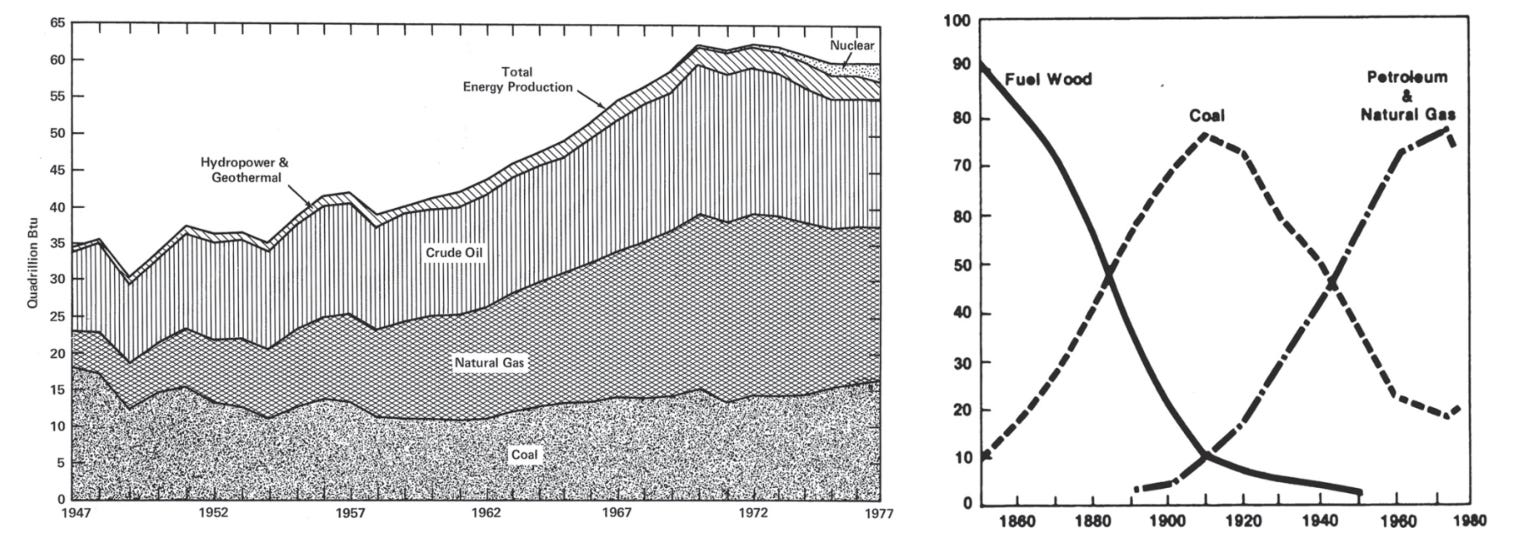
Deeper Dive
Fressoz provides several examples to illustrate the symbiotic relationship between different energy sources throughout history. For instance, he notes that Britain used 4.5 million cubic meters of pit props (wooden supports) for coal mining in the early 20th century, compared to 3.6 million cubic meters of firewood burned in the 18th century. This demonstrates that the coal industry, far from replacing wood, actually increased wood consumption.
He also highlights the interdependence of oil and coal industries, pointing out that in the 1930s, building a Ford car required seven tons of coal, which in terms of weight was more than the oil the car would burn across its lifetime. Similarly, he mentions that in the interwar period, for each ton of oil burned in Britain, 2.5 tons of coal were needed to build the associated infrastructure.
Fressoz traces the origin of the "energy transition" concept to atomic scientists in the mid-20th century. These scientists envisioned a long-term shift to nuclear energy over centuries, a timeframe that has been inappropriately compressed in current climate change discussions.
He also discusses a 1983 EPA report which suggested that even with drastic measures like a 300% tax on coal, the delay in reaching a 2-degree Celsius temperature rise would only be about 10-15 years. This underscores the limitations of current mitigation strategies and the need for more focus on adaptation.
References
"Sans transition, Une nouvelle histoire de l'énergie" by Jean-Baptiste Fressoz
"More and More and More: An All-Consuming History of Energy" (English version of Fressoz's book)
"The Shock of the Old" by David Edgerton
IPCC reports, particularly by Working Group III
Cesare Marchetti's energy models and curves
Timestamps
00:00 Intro
01:08 Book: More and More and More
04:16 Energy symbiosis
07:51 The symbiosis of wood and coal
12:20 Of coal and oil
22:15 Of wood and oil
26:06 Are we burning more wood than ever?
28:33 Drax Power Plant
35:33 Raw materials never go out of fashion
37:31 Oil didn't save the whales
41:09 The atomic origins of "energy transition"
49:51 Hydropower hope
53:01 Utopianism
1:00:23 Climbing down the energy ladder
1:06:33 Too little too late: the need for climate adaptation
1:16:46 Book publication date
Keywords
energy transition, energy symbiosis, fossil fuels, climate change, energy history, coal, oil, nuclear energy, adaptation, sufficiency, energy modeling, IPCC, renewable energy, carbon emissions, energy policy




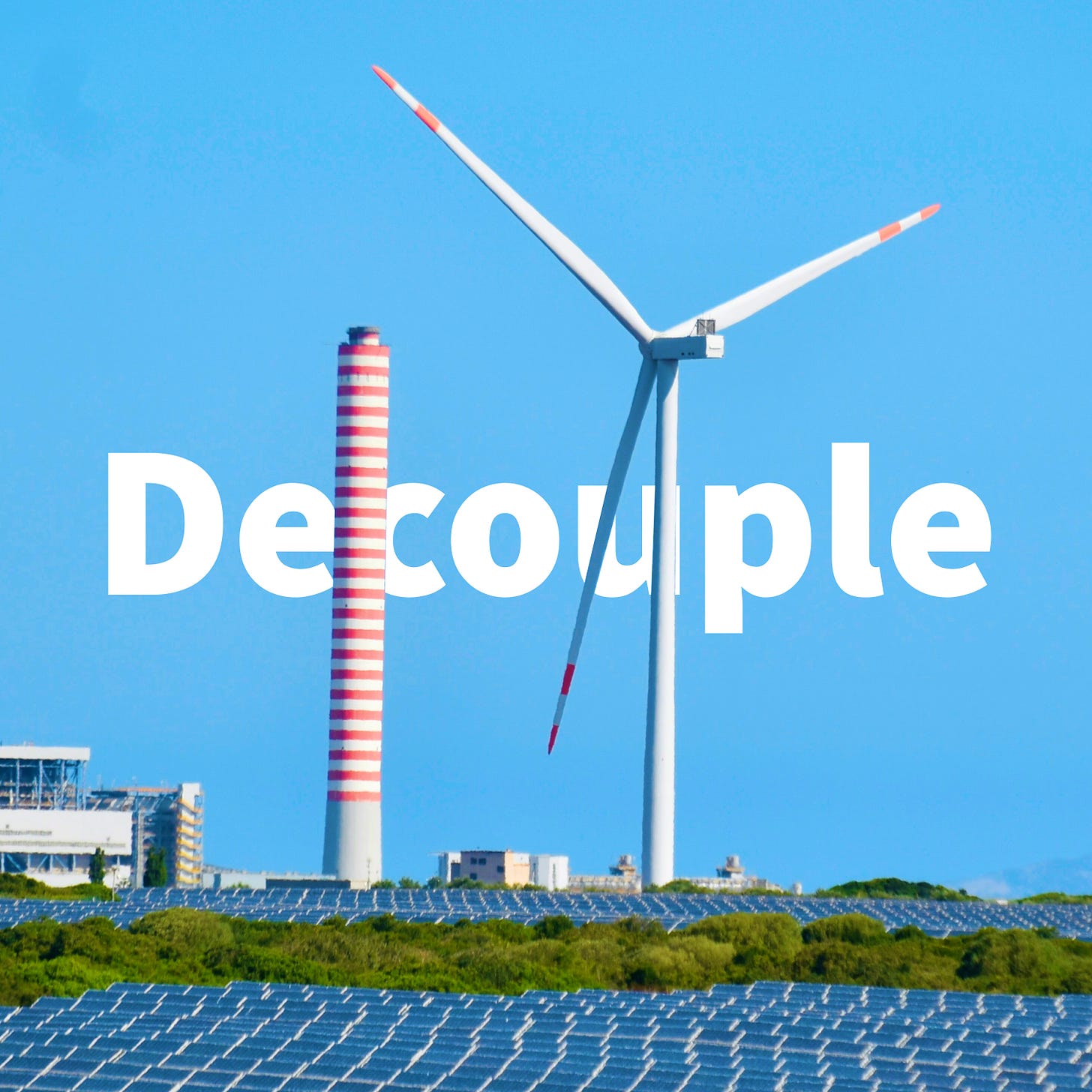
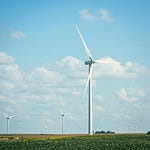


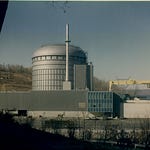
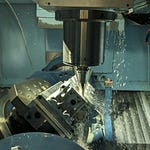




Wow, Chris. One of the best podcasts we've invested in this year. Outstanding.
On symbiosis, it occurred to us: in the absence of some major breakthrough to replace coking coal, imagine the coal burn necessary to produce the steel needed for nuclear plants (500 Gw? 1 Tw? Over the next 100+ years).
Drax is a sore spot with us, too (May 2024, "A Pulp Fiction". Shameless plug, but won't pollute your comments section with link). Made worse by the fact that two of us have wandered the boreal forest in N. Alberta several times, near the NWT. We walked within 35 yards of a Canada lynx while grouse hunting once. Incredible. Saw gray wolves at night near the Peace River. Saw how ducks use boreal beaver ponds as a breeding habitat safety valve during years when the prairies are dry.
Pardon our French, but that Crown land boreal forest ecosystem is not to be f#&ked with for burning trees in power plants. Same with Southern pine plantations or Baltic forests. Not just no, but hell no.
Robert Bryce sometimes uses the term "Hopium". If it pleases your MD framing, "Hopofol" works as well. Western populace has to get off these utopian green drugs before we waste more time/resources. Credit to you for airing Jean-Baptiste Fressoz' reality check.
Very impressed with your work, Doc. In Ontario and across the world. Very glad you're on Substack. Two thumbs up.
Fascinating. I worked years ago on a show with a Spanish logistician and statistician who spoke at length about the relative energy use is the consumption of "thing" as an interrelated series of events from mining of ore to manufacturing and transportation through consumption. In this way he could compare the relative net energy between a par of butter and a ball point pen. And even that comparison has built in assumptions depending on the change in technology that brings about efficiencies, etc.
Excellent. Really. Thank-you.
ps-was inspired enough to attempt a small plug for the piece.
https://markelliottmd.substack.com/p/fressozs-new-book-is-superb
This was a super interesting episode!